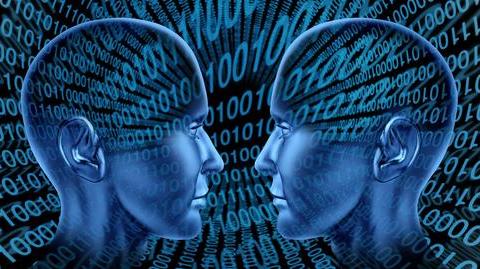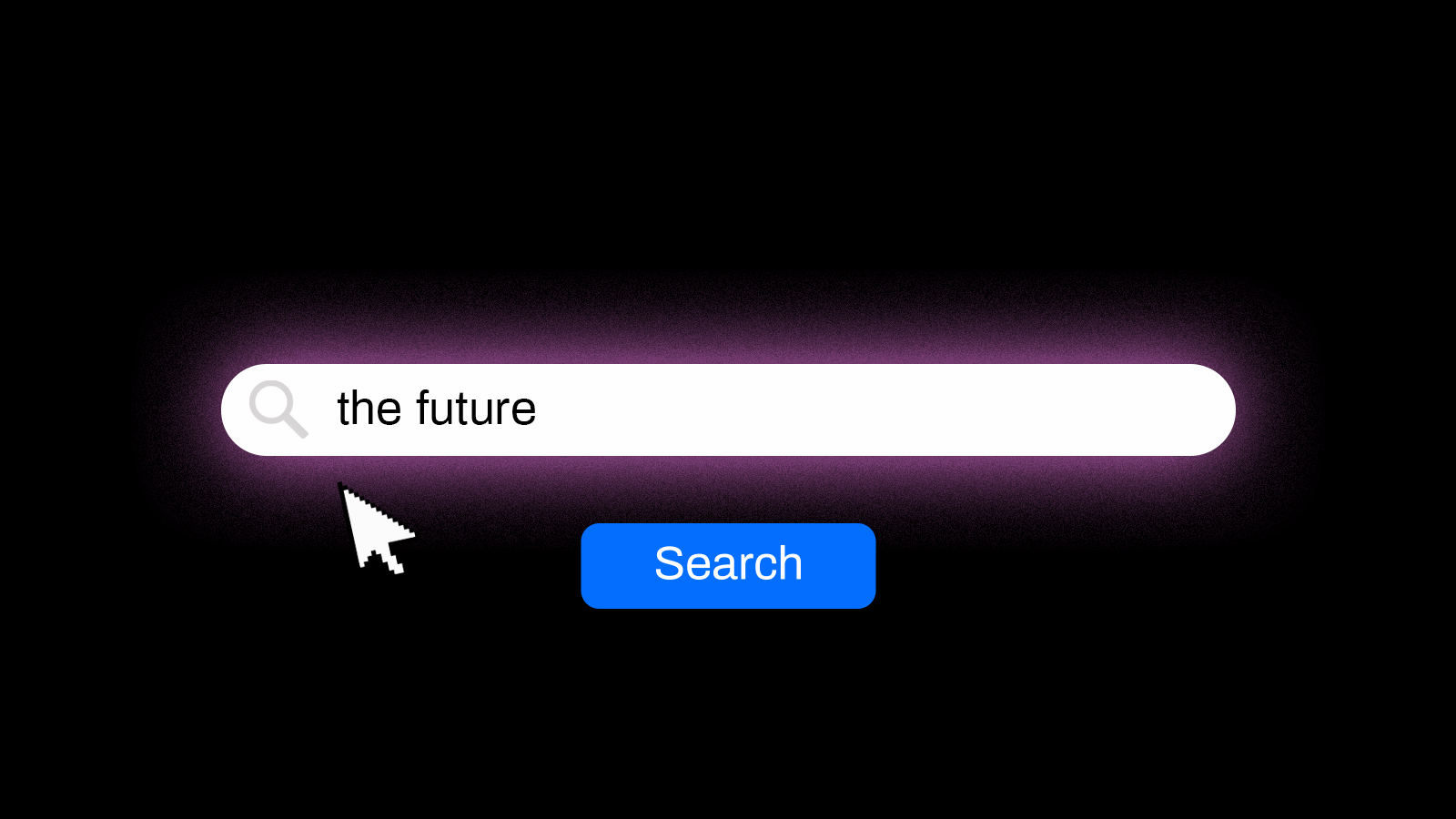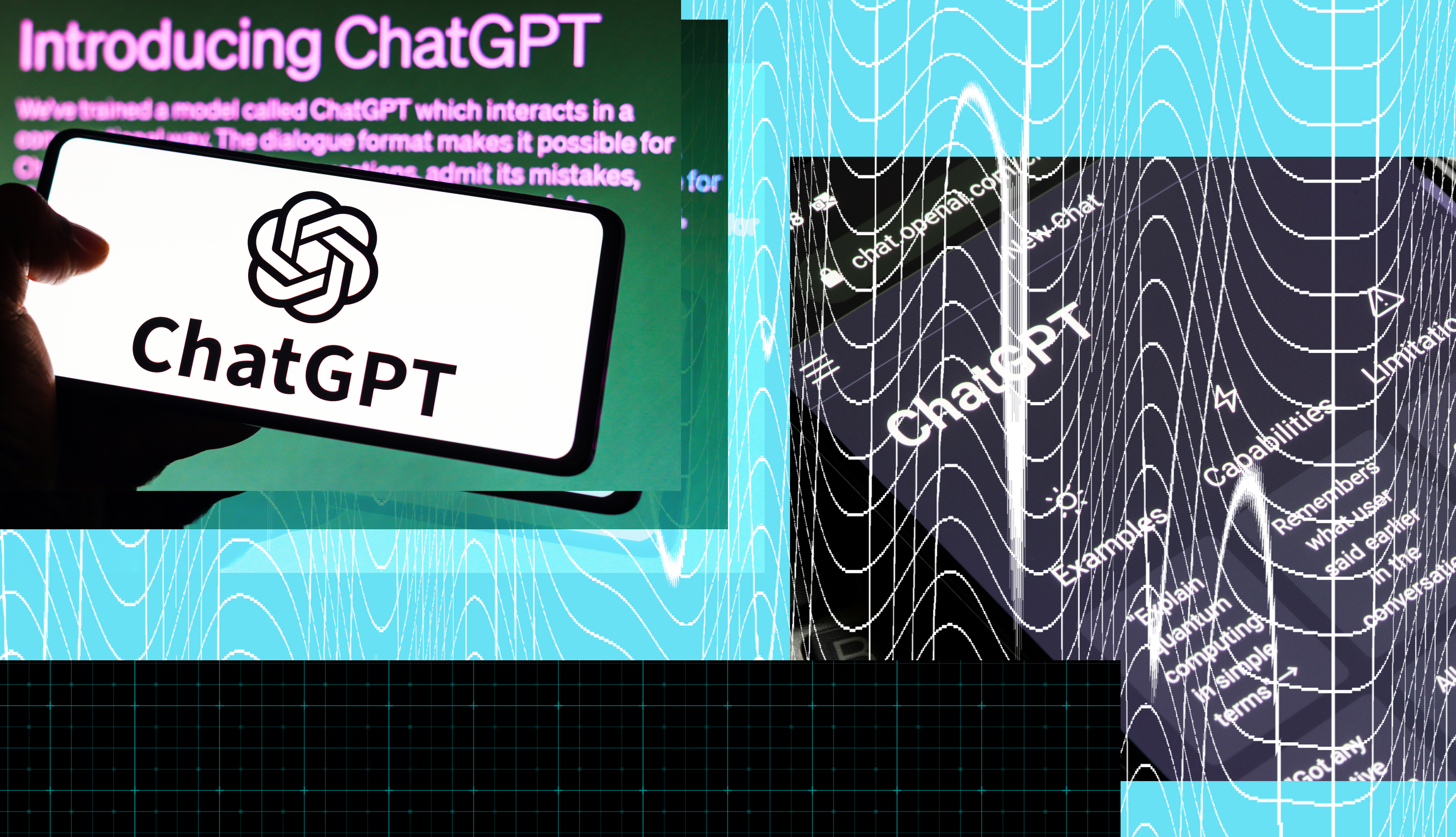How Search Engines Are Becoming More Like Our Brains

What’s the Latest Development?
For the first time since Google was founded in 1998, the experience of searching for information online is undergoing a fundamental change. Both Google and Microsoft are constructing vast ‘knowledge graphs’ that will enable the companies’ search engines to respond directly to user queries rather than refer them to a list of websites. “Google and Microsoft’s Bing can already provide direct answers to a small number of queries, but the range and depth of those answers is about to expand dramatically.” The graphs consist of publicly available information (Wikipedia), retail websites and customer reviews.
What’s the Big Idea?
The creation of more intelligent search engines will move the Internet into a new phase, sometimes referred to as Web 3.0. In addition to having vast stores of factual data at their disposal, search companies are working to better understand natural language, where ambiguities such as searching for “bronco” might return information on a football team, a horse or motor vehicle. These advances represent the “latest step in a process in which search engines are morphing into something quite new: vast brains that respond directly to questions posed in everyday language.”
Photo credit: Shutterstock.com





